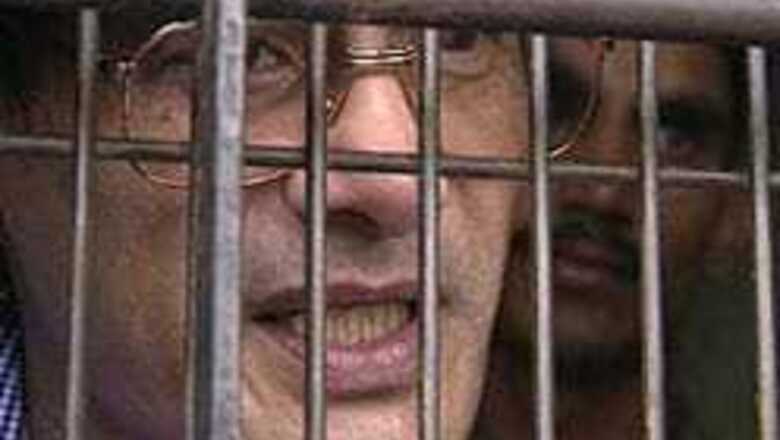
views
Kathmandu: Doomed to another long stay behind bars in Nepal after the intractable judicial system decided to put him in limbo once again, Charles Sobhraj, fighting a guilty verdict for a 30-year-old murder case, has now decided to take the bull by the horns.
The 63-year-old, sentenced to life imprisonment by Nepal's district court three years ago for the sensational murder of an American backpacker in 1975, said he would go on hunger strike if not given a date for the fresh trial within 20 days.
"I am requesting the court to give me a double life sentence if it wants," Sobhraj, looking haggard, told IANS.
"But to do it soon."
Nepal's Supreme Court, the centre of media attraction since the Maoist insurgency started and human rights violations became the order of the day, drew unprecedented attention Wednesday when its two-judge bench hearing Sobhraj's final appeal in the Connie Jo Bronzich murder case was scheduled to deliver the final verdict after postponing it twice.
While the Frenchman was hoping he would be set free due to the lack of any incriminating evidence, the case received a twist with the judges deciding to open another old case against him that had already been dismissed by two lower courts.
"I think the judges hesitated to apply Nepal's law to me due to the pressure of media reports and police," Sobhraj said.
"The district court refused to give me a trial and the appellate court convicted me on the basis of media reports.
"I am innocent and it is clear that police faked documents to implicate me."
In 1975, American student Bronzich came to Nepal where, according to her companions, she soon found out a dope dealer and struck up a friendship with an apparently wealthy man who was staying in a post hotel under the name of Henricus Bintanja.
Before Christmas, Bronzich's badly burnt body was found near a river on the way to Kathmandu's airport.
Nepal police claim Sobhraj came to the country in 1975 using a false passport and killed Bronzich along with her Canadian boyfriend, Laurent Armand Carriere.
In 2003, when Sobhraj came to Nepal, professedly to explore business possibilities, he was arrested, charged with Bronzich's murder and found guilty.
One piece of "evidence" of the police is the guest register of the two hotels where the 1975 visitor stayed. They say the signature matches the scrawl in Sobhraj's passport.
Sobhraj throws his hands up in air.
"How can the signature of Charles Sobhraj look like a signature made in the name of Henricus Bintanja?" he asked.
Though he had fought the fake passport allegation successfully in two courts, now the Supreme Court has called for the case to be reopened and to be heard with the murder case.
"In Nepal, security forces are capable of anything," Sobhraj said. "Look at the 49 people they killed and buried in Shivapuri."
Despite his ordeal, Sobhraj is in touch with the current developments in Nepal, the Shivapuri mass murder being one of them.
On Wednesday, when his fate was hanging in court, human rights activists acting on a tip-off went to the Shivapuri National Park north of Kathmandu and in the middle of a dense forest, came across pieces of clothing, plastic sheets and burnt logs. The findings raised suspicion that it could be the site of a mass grave where the Nepal Army buried 49 people, many of them Maoists, after herding them out of secret torture camps and gunning them down.
As Sobhraj gets ready with his appeal to the court, his lawyers in France would be meeting human rights agencies and French government officials to step up pressure on the Nepal government to speed up the trial that started in 2005.












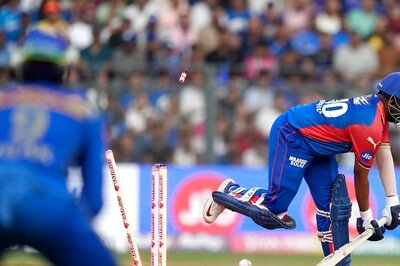



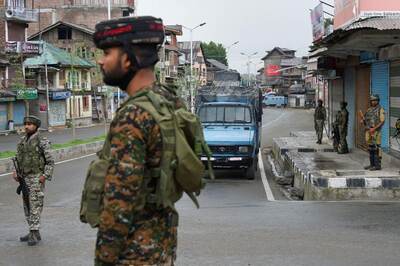
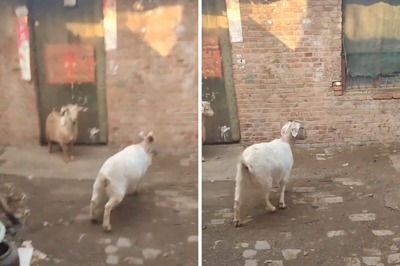
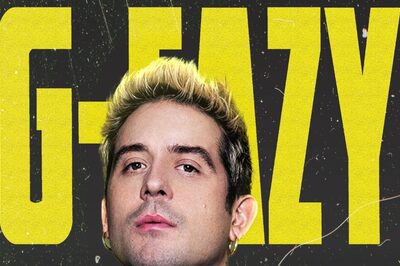
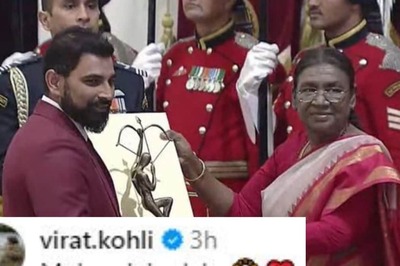
Comments
0 comment